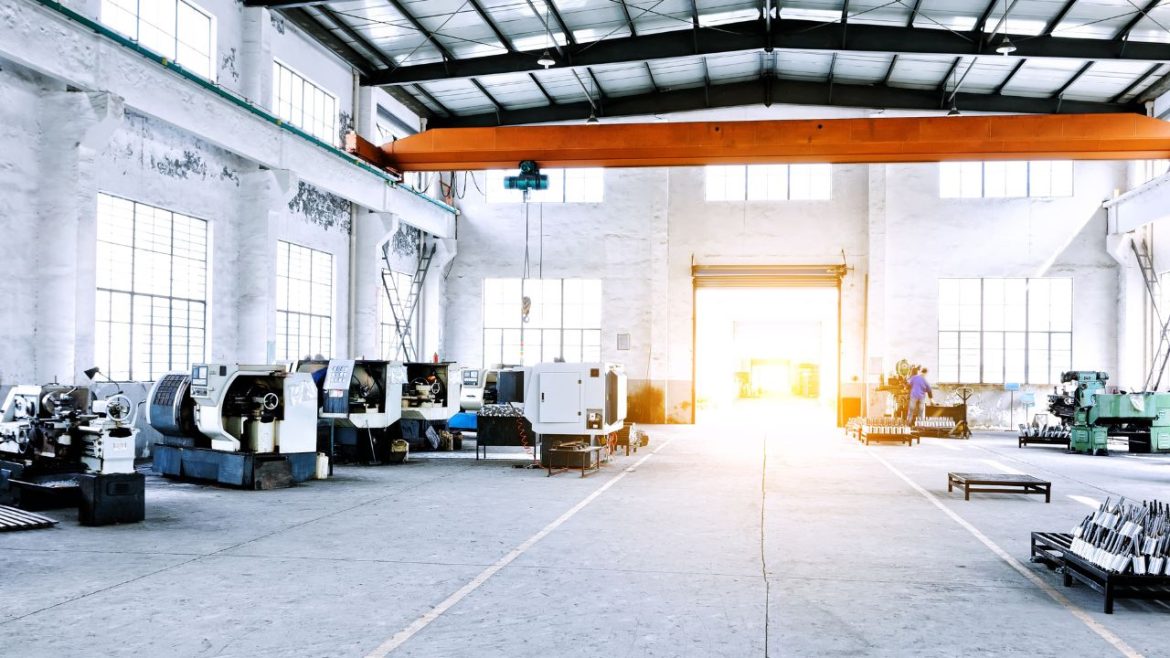As environmental awareness grows globally, industries are increasingly facing stringent regulations aimed at reducing their ecological footprint. This shift is particularly relevant in China, where rapid industrialization has historically contributed to significant environmental challenges. Chinese sticker labeling machine manufacturers are no exception, as they now find themselves at the intersection of industrial innovation and environmental responsibility. To remain competitive and compliant, these manufacturers must adapt to evolving regulations, which often demand substantial changes in production processes, materials, and overall business strategies.
Understanding the Regulatory Landscape
The first step for any sticker labeling machine manufacturer in China to address environmental challenges is to thoroughly understand the regulatory landscape. China has implemented a series of laws and regulations aimed at controlling pollution, reducing carbon emissions, and promoting sustainable development. The “Environmental Protection Law,” revised in 2015, and the “Law on the Prevention and Control of Environmental Pollution by Solid Wastes” are just two examples of the robust legal framework that governs industrial activities in China.
For manufacturers, this means complying with regulations that control everything from waste management to the types of materials used in production. Non-compliance can result in hefty fines, operational shutdowns, and a damaged reputation, which can be detrimental in an increasingly environmentally conscious global market.
Innovations in Sustainable Manufacturing
In response to these regulations, many Chinese sticker labeling machine manufacturers have turned to innovation. One major area of focus is the development of energy-efficient machines. By optimizing the design and operation of labeling machines, manufacturers can reduce their energy consumption, thereby cutting down on greenhouse gas emissions. This not only helps in meeting regulatory standards but also lowers operational costs, providing a competitive advantage.
Additionally, there is a growing trend towards using recyclable and eco-friendly materials in the manufacturing of sticker labeling machines. These materials not only reduce the environmental impact of the machines themselves but also ensure that the machines are capable of handling labels made from sustainable materials. This is increasingly important as end-users in industries like pharmaceuticals and food and beverages are also under pressure to adopt environmentally friendly practices.
Waste Management and Recycling Initiatives
Effective waste management is another critical area where Chinese sticker labeling machine manufacturers are making strides. Manufacturers are investing in technologies and processes that minimize waste during production. This includes the recycling of scrap materials and the reduction of emissions from production facilities. Some manufacturers have established comprehensive recycling programs that allow them to reuse materials, thus reducing their environmental impact and ensuring compliance with waste management regulations.
Moreover, the concept of a circular economy is gaining traction in the industry. By designing machines that are easier to disassemble and recycle at the end of their lifecycle, manufacturers are contributing to a more sustainable industrial ecosystem. This approach not only helps in reducing waste but also aligns with global trends towards sustainability and resource efficiency.
Strategic Partnerships and Compliance
Chinese sticker labeling machine manufacturers are also forming strategic partnerships to enhance their environmental compliance. Collaborating with international organizations, environmental consultants, and certification bodies allows these manufacturers to stay ahead of regulatory changes and adopt best practices from around the world. For instance, obtaining ISO 14001 certification, which sets out criteria for an effective environmental management system, has become a priority for many manufacturers looking to demonstrate their commitment to sustainability.
The Road Ahead
While the challenges posed by environmental regulations are significant, they also present opportunities for Chinese sticker labeling machine manufacturers to innovate and lead in the global market. By embracing sustainable practices, investing in green technologies, and fostering strategic partnerships, these manufacturers can not only comply with regulations but also position themselves as leaders in the transition towards a more sustainable industrial future.
As environmental regulations continue to evolve, the ability of Chinese sticker labeling machine manufacturers to adapt will be crucial. Those who successfully navigate this complex landscape will not only enhance their reputation but also ensure their long-term viability in an increasingly competitive global market.
